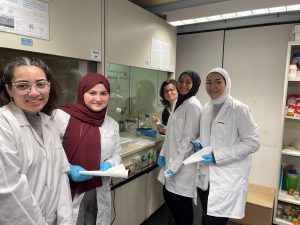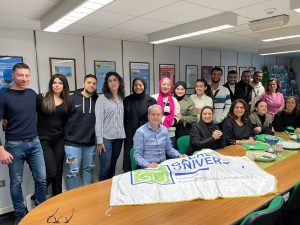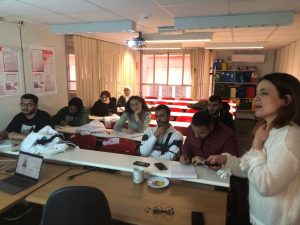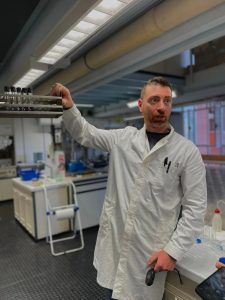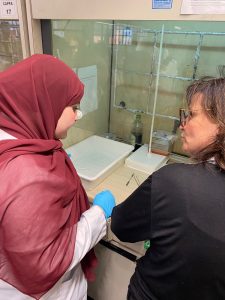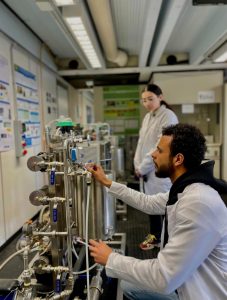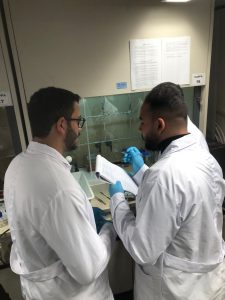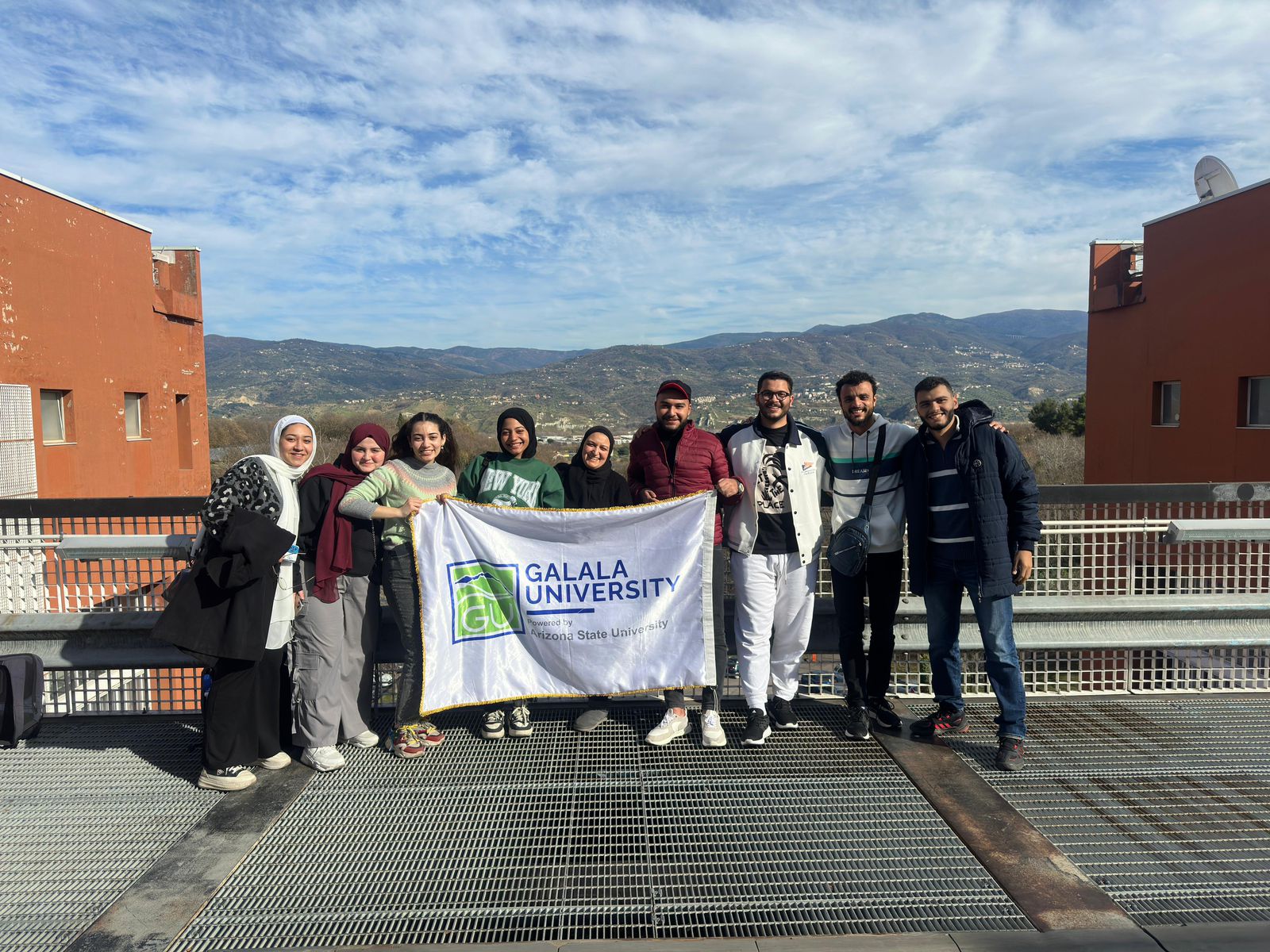Galala University is proud to announce that a group of talented students from the Nano Science and Technology program recently completed a highly valuable and immersive training program at the esteemed National Institute of Membrane Science and Technology in Calibri, Italy. This training, which took place as part of their internship course, offered an unparalleled opportunity for our students to expand their knowledge and expertise in the field.
The intensive training course centered around the principles of preparations and the vast array of applications of membrane technology, specifically focusing on the micro and nanoscale. Our students delved into various topics, including an introduction to membrane science, different preparation technologies, and their applications in several crucial areas such as hydrogen production, water desalination, chemical catalysts, membrane reactors, biotechnological processes, and gas separation.
The students’ participation in this training program has undoubtedly enhanced their understanding of membrane science and its practical applications. They have gained valuable insights, acquired practical skills, and developed a strong foundation to pursue their future careers in the field of nano science and technology.
Galala University extends its heartfelt congratulations to the participating students for their unwavering dedication, passion, and commitment to scientific excellence. We express our sincere gratitude to the National Institute of Membrane Science and Technology for hosting our students and providing them with this exceptional learning opportunity.
As we look ahead, Galala University is excited about the prospects that lie ahead for further collaborations, student exchanges, and continued advancements in the field of nano science and technology. We remain committed to nurturing talent, fostering international partnerships, and contributing to the scientific community globally.
